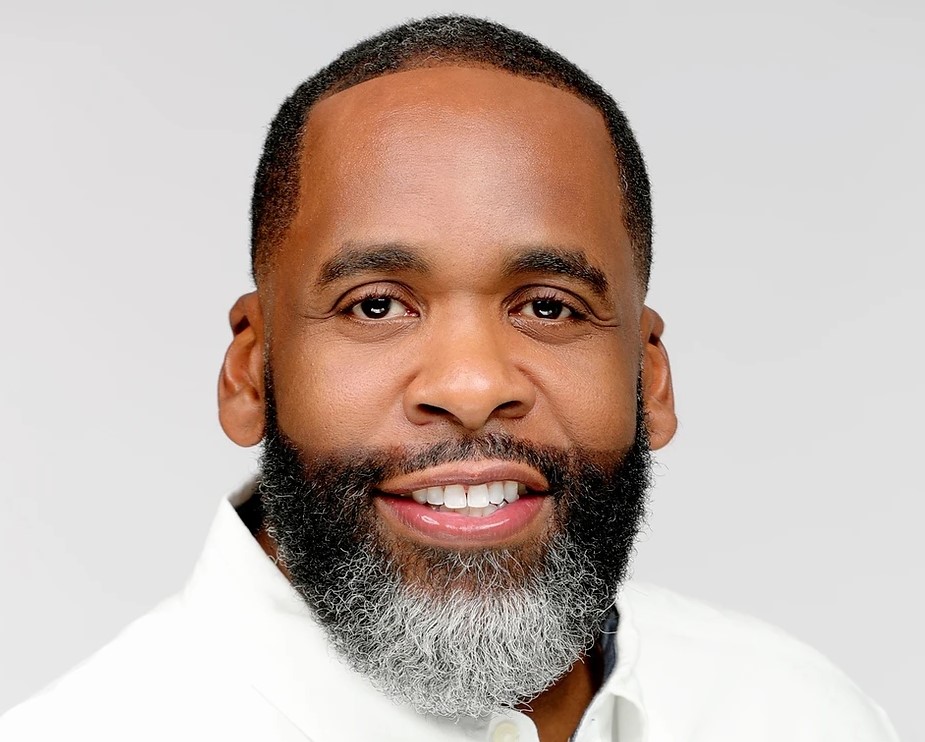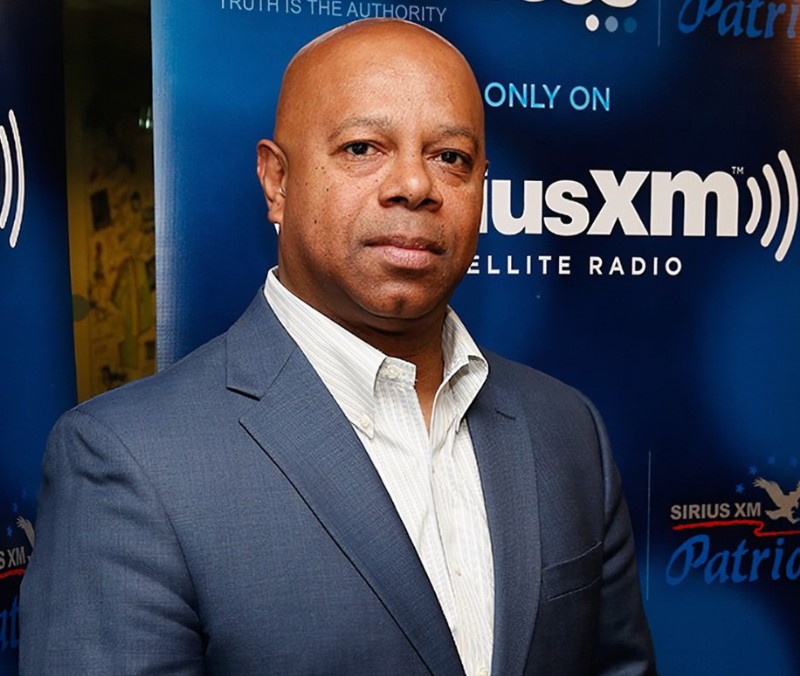On Election Day, former Mayor talks with Webb About Supporting Trump
On Election Day 2024, former Detroit Mayor Kwame Kilpatrick made an appearance on Sirius XM Satellite Radio, joining conservative talk show host David Webb on The Patriot, Channel 125. The interview, which took place just hours before polling stations closed, drew significant attention given Kilpatrick’s controversial past and the current political climate. Known for his scandal-ridden tenure as mayor of Detroit, which ended in a prison sentence for corruption and racketeering charges, Kilpatrick’s voice carries weight in Michigan politics. His decision to publicly back Donald Trump in the 2024 election was particularly eye-catching, considering his complex legacy and the contrast between his career and Trump’s rise in American politics.
The interview began with Webb asking Kilpatrick to reflect on his experiences the night before, when he had attended Trump’s final rally in Grand Rapids, Michigan. Kilpatrick, speaking candidly, described the energy in the arena as “electric.” He remarked, “There was a sense of purpose in that room, something beyond politics — it was about people, about community, and about taking back what was lost. I saw people who felt ignored, forgotten by the establishment, and they were there because they believe in Trump.”

Kilpatrick’s words about Trump’s rally gave insight into the broader appeal that Trump continues to have, especially in working-class and African American communities. “I’m a product of Detroit, a city that has been hit hard by political leadership and promises that didn’t deliver,” Kilpatrick said, referring to both Democratic and Republican administrations. “Donald Trump speaks to those frustrations. He’s not perfect, but he listens. He has made people who feel left out believe they can win again.”
Webb pressed Kilpatrick on why, given his complicated history and the fact that Detroit, a historically Democratic stronghold, has been significantly impacted by the policies of both local and national leaders, he was supporting a figure like Trump. Kilpatrick’s response was measured but pointed. “It’s about leadership, not party affiliation,” he explained. “I’ve seen the promises made by politicians on both sides of the aisle. I’ve been in the room where decisions were made and I’ve watched my city suffer. Trump, for all his faults, has been a disruptor in that system. He’s taken on the entrenched interests, and let me tell you, that’s something people in Detroit can relate to.”

Kilpatrick’s endorsement of Trump was a surprising shift for many, given that he had been a prominent figure in Detroit’s Democratic Party, once seen as a rising star in Michigan politics before his fall from grace. His embrace of Trump could be seen as a calculated political move, one that reflects the changing dynamics of African American support for the Republican Party, especially in the wake of Trump’s outreach to Black voters during his first term. Kilpatrick made sure to highlight his alignment with Trump’s policies on urban issues and his criticism of the status quo in Washington. “When I talk to people in Detroit, they don’t care about what party you belong to. They care about jobs, safety, and opportunity,” Kilpatrick emphasized.
David Webb, known for his sharp interviewing style, probed further into Kilpatrick’s views on Trump’s policy record, particularly on issues like criminal justice reform, economic revitalization, and foreign policy. Kilpatrick was quick to point to Trump’s criminal justice reform efforts, specifically the First Step Act, as a sign that the former president understood the struggles of Black communities. “The man signed the First Step Act. He looked at the system and said, ‘We need to do something about this.’ He didn’t just talk about it, he did something,” Kilpatrick said, highlighting the significance of that policy in helping to reduce sentences for non-violent offenders and addressing issues in the criminal justice system.
Kilpatrick also praised Trump’s economic policies, especially his push for manufacturing jobs and his stance on trade deals that impacted communities like Detroit. “Trump understands how the loss of jobs, the offshoring of industry, and bad trade deals have hurt places like Detroit,” Kilpatrick said. “He’s not talking about just giving handouts. He’s talking about rebuilding.”
Webb steered the conversation toward the divisive nature of Trump’s politics, acknowledging the controversy surrounding the former president’s rhetoric. Kilpatrick did not shy away from the question, but instead leaned into the idea that Trump’s blunt approach is part of what makes him effective in the eyes of his supporters. “People like that he doesn’t sugarcoat things,” Kilpatrick said. “He speaks to them straight, and they appreciate that honesty, whether you like his tone or not.”
As the interview wound down, Webb asked Kilpatrick how he saw Michigan’s election results playing out, especially with the state’s growing importance in the national election landscape. Kilpatrick was confident that Trump’s message would resonate with a wide range of voters. “I think Trump is going to win Michigan again. People are tired of the same old politics, and Trump’s going to win them over by showing that he understands their pain and their concerns.”
As the conversation ended, Kilpatrick’s endorsement of Trump on The Patriot marked a striking moment in Michigan politics. It underscored the growing appeal of Trump’s outsider status, even among those with complex political pasts. Whether his support translates into electoral gains remains to be seen, but Kilpatrick’s appearance on Sirius XM highlighted a larger trend of political realignment, especially among voters who feel that the established political system has failed them.
